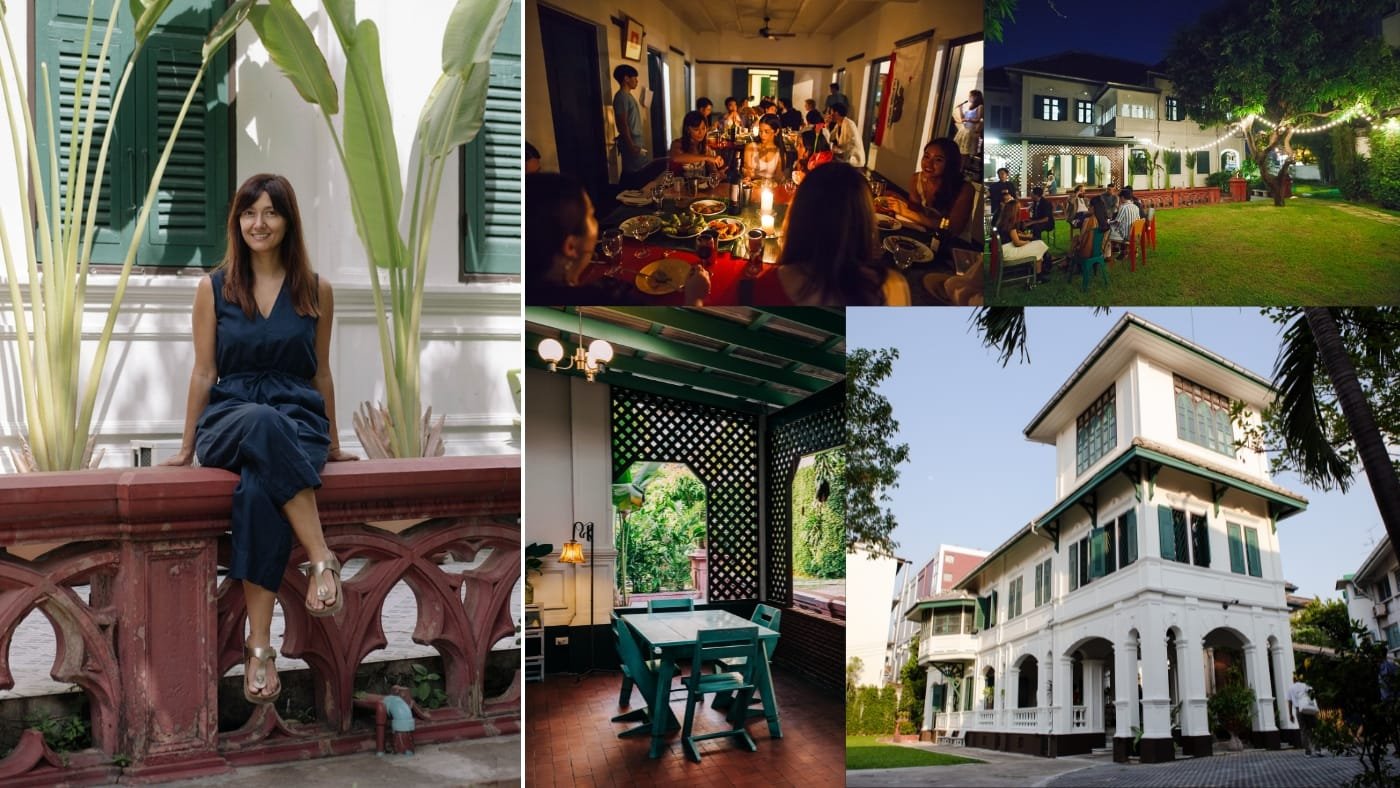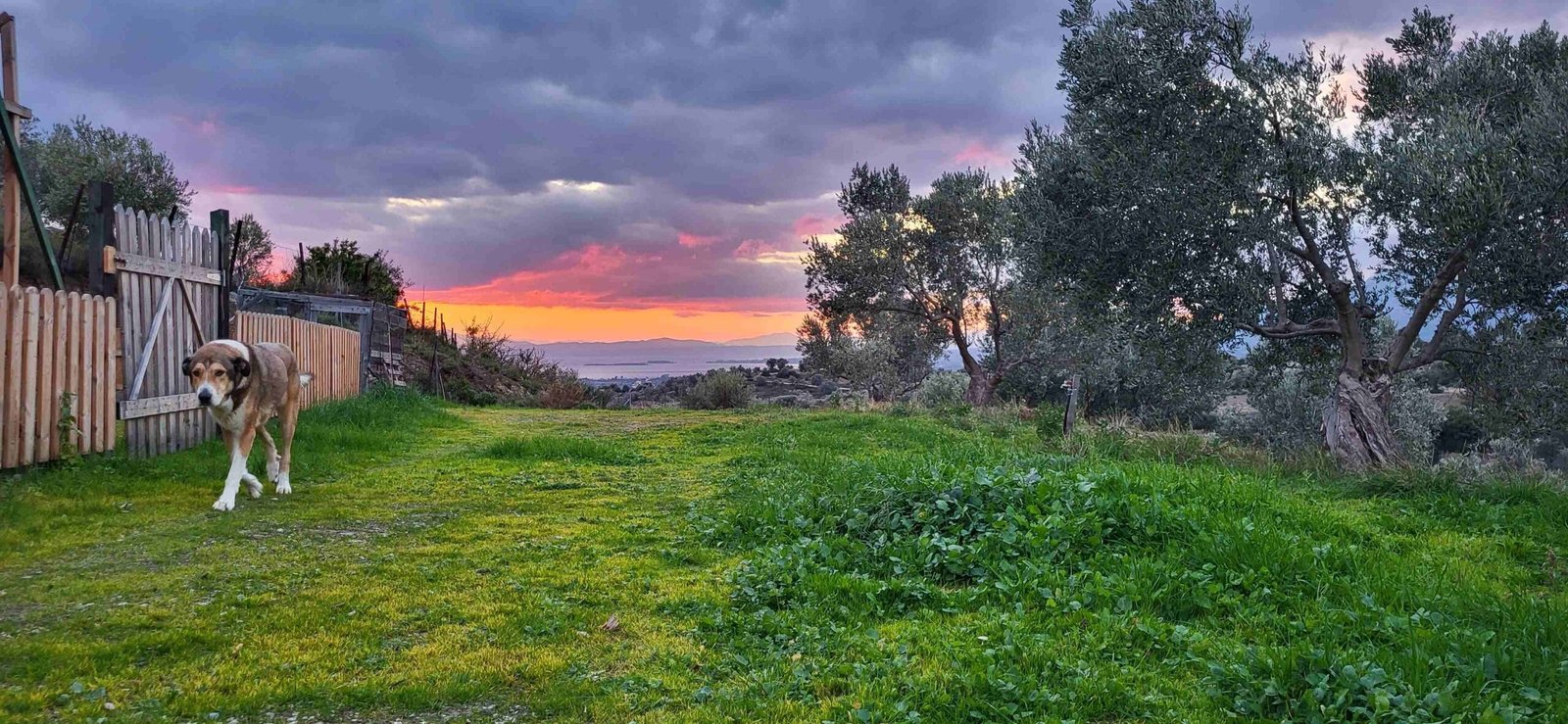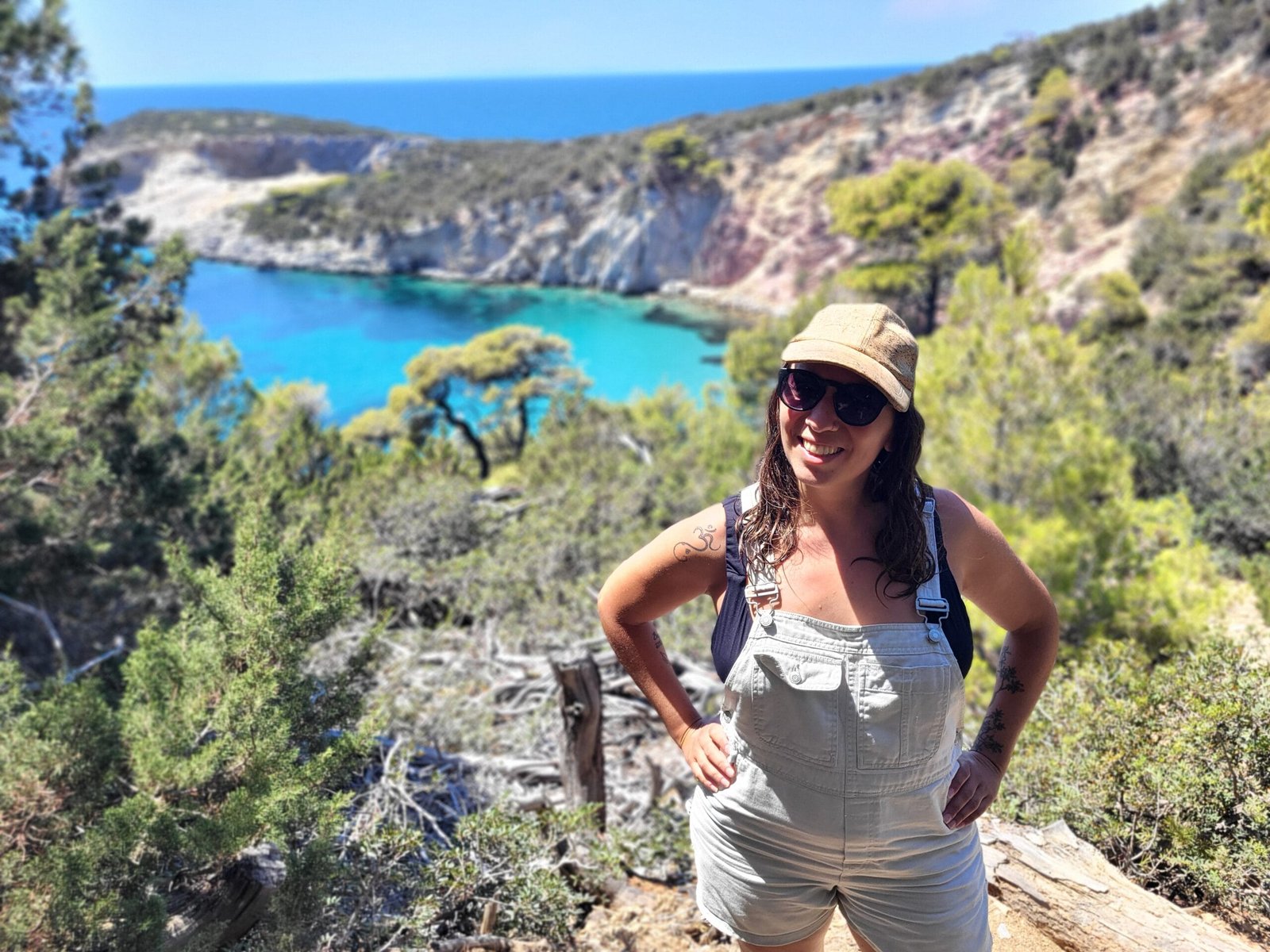In a world where stories have the remarkable ability to spark change, Lensational, an organization at the forefront of empowering women through photography, stands as a beacon of hope. We had the privilege of sitting down with Lydia Wanjiku, the passionate and visionary CEO of Lensational, to delve into her journey and explore the transformative power of visual storytelling.
In this captivating interview, Lydia Wanjiku takes us on her personal and professional journey, from her discovery of Lensational to her current role as CEO. With a background in both development and photojournalism, Lydia offers a unique perspective on the intersection of these two fields and how they shape Lensational’s approach to empowering women through photography.
Get ready to embark on a journey through the lens, as we dive deep into the inspiring world of visual storytelling with Lydia Wanjiku, CEO of Lensational. Discover the transformative power of photography, the untapped potential of marginalized voices, and the role each of us can play in shaping a brighter, more sustainable future.
Lydia, tell us your backstory and the journey you took to become the CEO of Lensational.
Following my Passions
As far back as I can remember, I have always wanted to do things that I feel passionate about and this was the same for whichever career I would decide to pursue. After completing my undergraduate degree in Business and Innovation Technology, I didn’t immediately enter the workforce. I wanted to ensure that I made a well-informed decision about my future. However, this decision was challenging, as my traditional upbringing emphasized pursuing conventional career opportunities solely based on having a degree. My father was not pleased with my choices during that time, and to alleviate the pressure, I took up various jobs.
One of these jobs was in the fashion industry, an area that still captivates my interest today. Although I didn’t realize it at the time, fashion is intricately linked to storytelling, which is a fundamental aspect of all my passions. Subsequently, I worked in technology as a project lead, and it was during this period that I discovered Lensational.
Discovering Lensational
While searching online for photography storytelling jobs, I came across a tweet by Hivos Awards, which highlighted an organization empowering women through photography. Lensational recently received a social innovation award. Intrigued, I visited Lensational’s website and found an opening for a curation manager position. Although the role required someone based in London, where the headquarters were located, I applied nonetheless. Bonnie, the founder of Lensational, offered me the opportunity to volunteer as a program manager in Kenya. It was an incredible opportunity since Lensational had yet to establish a presence in Africa.
Volunteering and Partnering with IFAW
Initially, I contributed to Lensational on a voluntary basis until 2018 when we formed a partnership with the International Fund for Animal Welfare (IFAW). Faye Cuevas, the Vice President at IFAW at the time (now a member of our Board of Directors), had pioneered an innovative approach involving indigenous Maasai women in conservation efforts within their communities. We partnered to explore how photography could facilitate meaningful participation for these women. This partnership required my full-time commitment, so I dedicated myself exclusively to volunteering at Lensational. Working closely with Faye provided me invaluable insight into the systems and processes of a large organization like IFAW. At the time, I never envisioned becoming CEO, but my keen eye for detail allowed me to observe these aspects which have come in handy in my current role.
Building Programs and Gaining Valuable Insights
The women I worked with spoke a language I don’t speak, necessitating the use of translators. This challenged me to think critically about how best to deliver effective training. Every session became an opportunity to provide feedback to Lensational, aiding in the improvement of our delivery methods and measurement of social impact. Although I believe this pilot partnership could have been more successful with the knowledge we now possess, the experience laid the foundation for our subsequent program achievements, gaining significant recognition.
The partnership continued for approximately a year and a half, but I began yearning for financial independence. This posed a dilemma for me since I still possessed an immense passion for Lensational and saw its untapped potential. Leaving to pursue a job that provided a steady income bothered me greatly. When I discussed this with Bonnie, she offered me a full-time position as Programs Director in 2020. This opportunity coincided with Lensational’s shift in strategy, adopting a bottom-up approach and increased involvement in training programs. Being closely involved with one of our most active programs granted me valuable insights into program management.
Navigating Challenges and Shaping Strategic Direction
As you are aware, 2020 was an exceptionally challenging year due to the COVID-19 pandemic. We were unable to run any programs and faced financial hardships. During this period, I proposed utilizing our downtime to focus on programming. This involved evaluating our past programs, identifying areas for improvement, and enhancing our curriculum, which directly influenced program delivery. Unbeknownst to me, I was unintentionally influencing the overall strategic direction of Lensational through my programming work. This led to some friction with the CEO, who is also the founder, as well as the board of directors. However, during an Innovation Bootcamp with the World Food Programme Innovation Accelerator, I had the opportunity to present my work. Bonnie happened to witness my presentation and was deeply moved by its impact. Shortly after, she messaged me, expressing her newfound appreciation for my vision.
From Programs Director to CEO
After a few months, Bonnie approached me and asked if I would be interested in becoming the CEO of Lensational. I eagerly accepted the position, which I officially assumed on International Women’s Day in March 2021. The rest, as they say, is history.
Can you tell us more about Lensational and how it came to be?
In the early 90s, in Hong Kong: A Struggle and a Revelation
In the early 1990s, in the vibrant city of Hong Kong, a young girl named Bonnie Chiu resided with her grandmother, Lin Fa. Their modest life was a constant reminder of the struggles Lin Fa had endured after fleeing her home in Medan, Indonesia, during an anti-Chinese conflict. As Bonnie listened to her grandmother’s harrowing tales of survival and the challenges she faced in making ends meet, she realized the importance of preserving these stories for future generations. Driven by her grandmother’s illiteracy, Bonnie recognized that without her own active participation, these powerful stories would remain untold. This profound experience ignited a passion within Bonnie to uplift women who shared similar backgrounds.
An Encounter in Turkey: Unleashing the Power of Photography
In 2012, Bonnie embarked on a journey to Turkey, where an unexpected encounter would shape her future path. While exploring Istanbul’s magnificent palace, Bonnie found herself capturing precious moments with her friends. In a serendipitous turn of events, four Turkish girls approached her, requesting assistance in taking photographs and learning the art. A deep connection quickly formed between Bonnie and these girls. Later, as Bonnie interacted with them through social media, she discovered something remarkable. The captions accompanying their photographs defied the stereotypes often associated with Muslim women. This revelation sparked Bonnie’s realization of the immense potential of photography as a universal language capable of transcending words, geography, and cultural barriers.
A Vision Takes Shape: Lensational is Born
Drawing from her own travel experiences and the shared stories of women she encountered along the way, Bonnie developed a profound understanding of women as powerful agents of change and the custodians of countless untold stories. Fueled by her unwavering determination to amplify these voices, Bonnie founded Lensational in 2013. The organization’s core mission was twofold: to provide women with the necessary skills in visual storytelling and to create income-generating opportunities for low-income community women in regions such as Asia and Africa. Lensational achieved this by showcasing and selling their powerful images, as well as securing commissioned assignments for these talented photographers.
Through the power of photography, Lensational has continued on this transformative journey, championing women’s empowerment and amplifying their stories to the world.
You have authored a curriculum on photography storytelling for climate action. How can visual storytelling help inspire action on climate change?
Photography in visual storytelling is a very powerful tool to inspire action on climate change by conveying the urgency, impact, and human dimension of the issue.
One way is by evoking emotions. Climate change is still seen as a distant and abstract problem, especially for people who are not directly affected. Photography can bridge this gap by capturing compelling images that evoke emotions such as empathy, compassion, and concern. By showcasing the human and environmental impacts of climate change, powerful images can engage viewers on a deeper level and motivate them to take action.
Closely connected to that is raising awareness. When events and stories related to climate change are visually captured, they bring attention to issues that might otherwise go unnoticed, such as the melting of glaciers, the destruction of ecosystems, or the displacement of communities due to rising sea levels. There are people who without seeing what’s happening in the world would never believe that climate change is an issue.
Photography also puts a human face on climate change by capturing the lived experiences of individuals and communities affected by its consequences. By showing the real people behind the statistics and highlighting their struggles, hopes, and resilience, photography storytelling helps create a personal connection and fosters empathy. This personalization of the issue makes it more relatable and motivates people to take action. This additionally amplifies the voices of marginalized communities, indigenous peoples, and activists who are on the front lines of climate change and gives them a platform to speak for themselves.
Last but not least is showcasing positive examples and solutions. While it is essential to depict the challenges posed by climate change, photography also highlights positive examples and solutions which in addition to giving hope encourage individuals and communities to adopt sustainable practices and support climate-friendly initiatives.
Related: Lensational Climate Warriors: Maasai Women Inspiring Change through Art
You have a background in both development and photojournalism. How have these two fields influenced your approach to leading Lensational?
I find myself standing at the crossroads of two starkly contrasting realities. On one hand, I have the privilege of closely working with underserved communities, affording me an intimate understanding of their realities and lived experiences. On the other hand, I also have the privilege of comprehending the inner workings of development systems and processes, particularly in programming and implementation. What I’ve observed is that despite the goodwill of policymakers to connect with underserved communities, a significant disconnect persists, lacking a common language through which they can communicate and merge their aspirations.
As documentary photographers and photojournalists, we bear the responsibility of bridging this gap. In the realm of photojournalism, documentary work, and development, however, there exists a prevalent tendency to approach underrepresented communities with preconceived notions about what their issues are and how their stories should be told. Often, we evaluate their circumstances through our own lens and determine the narrative angle that should be emphasized, inadvertently misrepresenting them.
By solely focusing on challenges, communities naturally yearn to understand how their situation will improve, which may lead to disappointment if tangible solutions are not presented.
Occupying this intersection has continually challenged me to explore avenues for these two entities to find common ground. Through our experiences working with these communities, I have come to recognize their desire for active participation in shaping how they are portrayed and the role played by development practitioners. At Lensational, we are currently investigating how the women we train can foster collaboration and active participation within the communities they document, even if it involves their own communities.
Our current approach prioritizes including the voices and perspectives of the communities themselves, allowing them to actively participate in the storytelling process. This shift fosters a more accurate representation of their experiences, challenges, and triumphs. By showcasing their resilience, resourcefulness, and agency, we not only empower them but also contribute to a more balanced and authentic narrative that transcends the confines of the victim label.
Lensational works in a range of diverse contexts locally and internationally. Can you share a specific project or experience that has been particularly impactful or meaningful to you?
It is so hard to narrow this down, however, I will say that taking part in in-person training with our photographers interacting with their communities is an experience that is forever transforming me.
Lensational has a focus on amplifying the voices of women. In your opinion, why is it important to elevate the perspectives of women in conversations and decision-making around sustainable development and climate action?
Women make up approximately half of the global population, and their experiences, knowledge, and ideas are essential for creating comprehensive and inclusive solutions. By tapping into their voices we ensure that the perspectives of all segments of society are taken into account, promoting diversity and avoiding the marginalization of certain groups.
Women also have unique insights and knowledge. They play key roles in resource management, agriculture, and community development, which are critical areas for addressing climate change and promoting sustainable practices. By including their perspectives, we tap into a wealth of expertise and foster innovation in tackling environmental challenges.
According to you, what is the role of storytelling and media in creating social change and driving sustainable development/climate action?
Stories form our perceptions of different things. When we think of a particular country for instance, a particular mental image immediately comes to mind based on the stories we hear and see essentially in the media. I firmly believe that every individual has a role to play in sustainable development and climate action, regardless of how small it may seem. However, when we lack proper information about the reality of what is happening, we are unable to effectively fulfill our roles. Hence, the media and storytelling assume a critical role and in my honest opinion, as one of the key players in driving climate action and sustainable development.
How do you define success?
This is a very tough question! I think success is very personalized and I feel that I’m still working on defining what success means to me.
As a leader in the sustainable development field, what advice would you give to individuals or organizations looking to make a positive impact in their communities?
Having a clear purpose is essential for individuals or organizations looking to make a positive impact in their communities. It provides a guiding light and a sense of direction. Equally important is the active engagement and involvement of communities in the pursuit of that purpose. By including community members in decision-making processes, valuing their perspectives, and addressing their needs, a more inclusive and sustainable approach can be achieved. Together, with a shared purpose and engaged communities, we can create meaningful and lasting change in our communities.
What’s your mantra for life?
I am intent on knowing and becoming the best and highest version of myself. That’s the mantra I live by.
How can others be involved with you and Lensational?
There are many ways to get involved with us. We are in the process of raising funds for a number of projects and we want to break the idea that philanthropy is the purview of billionaires by inviting individuals with which amount of giving they may have to be part of a greater course. More information on the projects to give to can be found on our website.
We are always looking for new talent to join our team and information about available positions can also be found on our website.
Find Lydia and learn more about her work at Lensational.
This is part of a series where Green & Beyond explores the stories and takes a peek at the lifestyles of incredible people like green entrepreneurs, innovators, climate advocates, activists, community leaders, and content creators, all around the world, who love the planet and are working tirelessly to make the world a better place.








